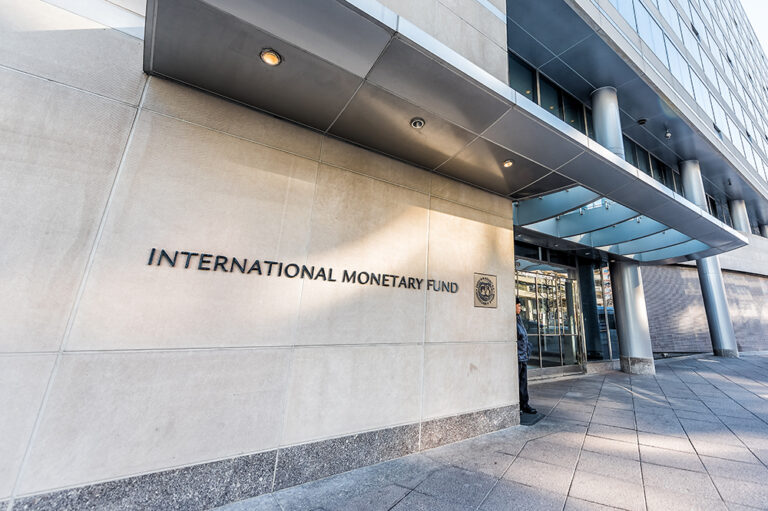During testimony before the Committee on Financial Services, Powell noted that the current economic expansion is the longest on record and emphasized the need to consider the long-term implications of fiscal policy:
“The current low interest rate environment means that it would be important for fiscal policy to help support the economy if it weakens. Putting the federal budget on a sustainable path when the economy is strong would help ensure that policymakers have the space to use fiscal policy to assist in stabilizing the economy during a downturn. A more sustainable federal budget could also support the economy’s growth over the long term.”
Under current law, federal deficits will exceed $1 trillion in 2020 and each year over the next decade, and the national debt will soon surpass the size of the economy, according to the latest projections from the nonpartisan Congressional Budget Office, which were released just last week.
Powell’s statement comes a day after the Trump administration released the president’s budget, which proposed significant spending cuts but relied on overly optimistic economic projections for growth. Economic growth was weaker in 2019 than in 2018, and most observers outside of the administration expect a further slowdown in coming years.
Image credit: Alex Wong/Getty Images
Further Reading
House Reconciliation Bill Would Add Trillions to the National Debt
The bill would increase debt by $3.0 trillion over the next 10 years, driving it from nearly 100 percent of GDP now to 124 percent of GDP by 2034.
House Reconciliation Bill Would Increase the National Debt by More Than Any Other Recent Legislation
The House recently passed the largest reconciliation bill ever. CBO estimates it would add $2.4 trillion (excluding interest) to the national debt over 10 years.
United States Is Borrowing at a Higher Rate than the Global Average, Warns IMF
New IMF reports serve as a warning to all countries that global fiscal and economic conditions are veering into dangerous territory.


